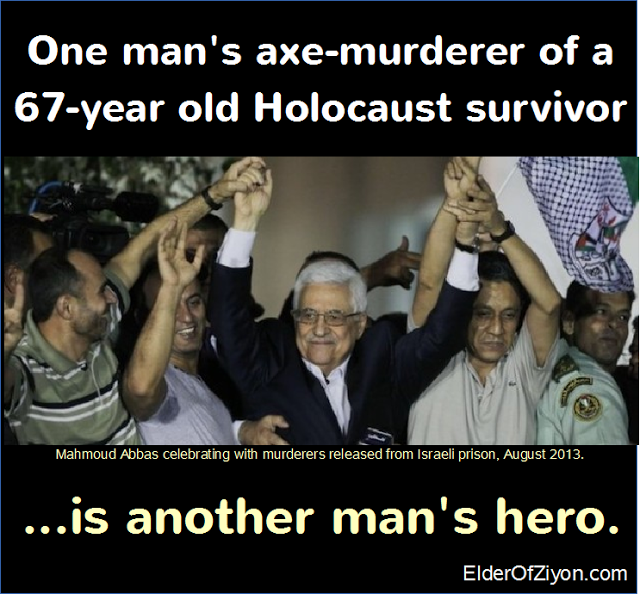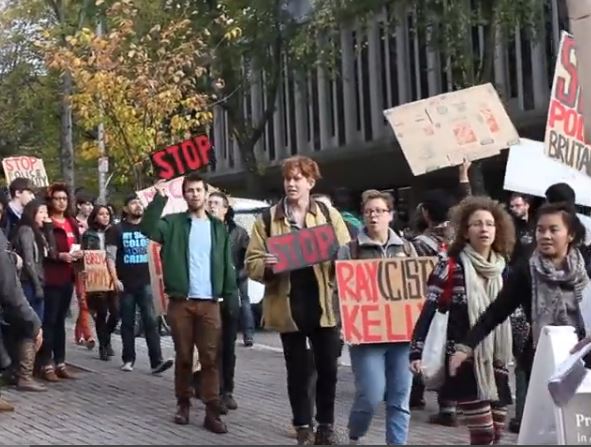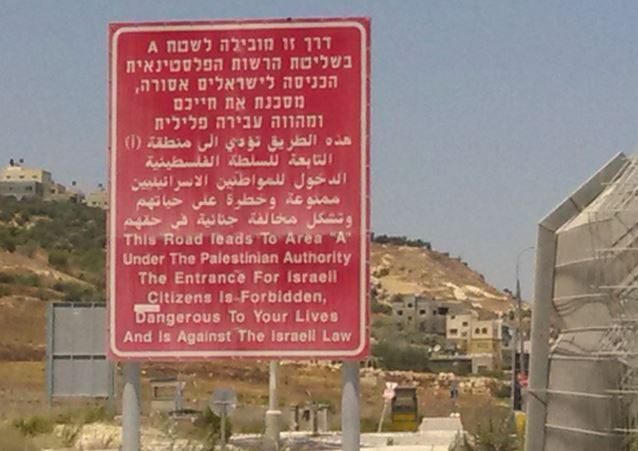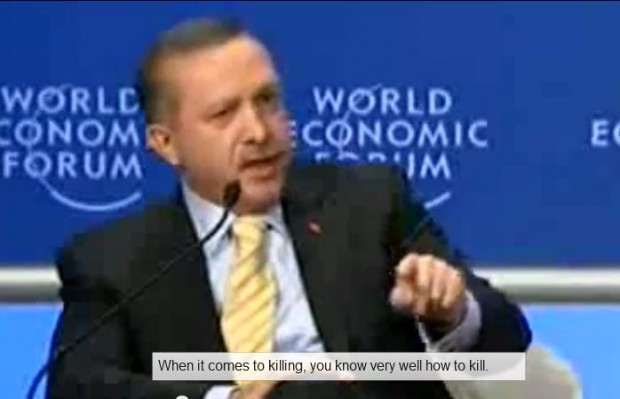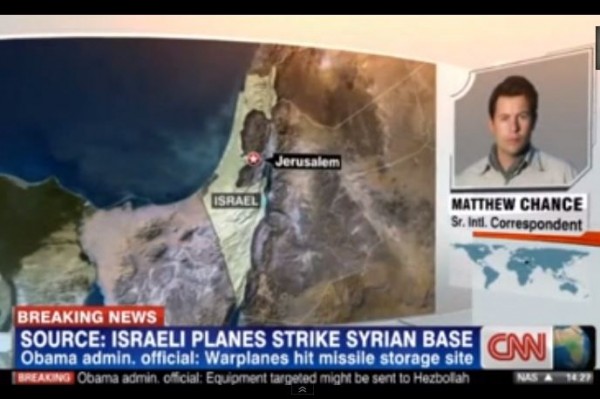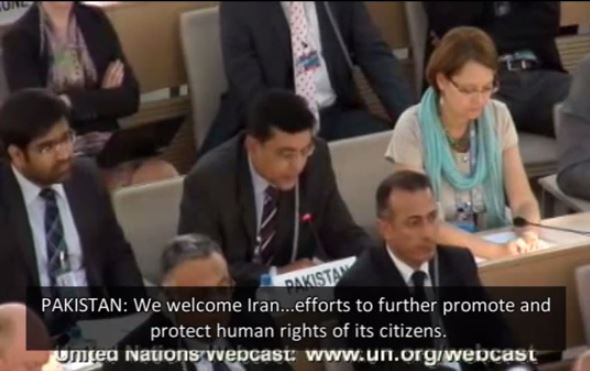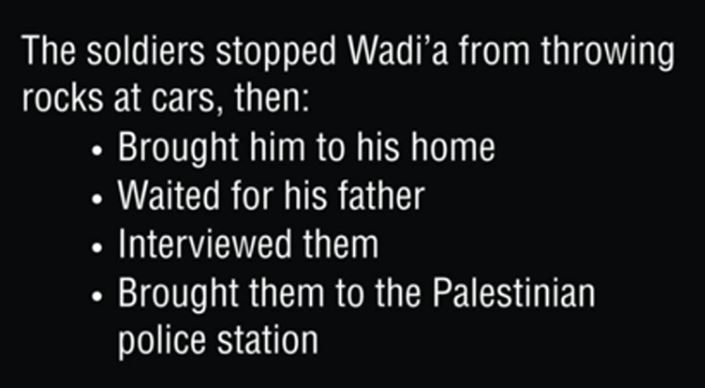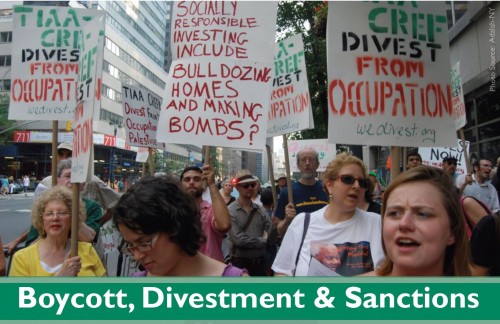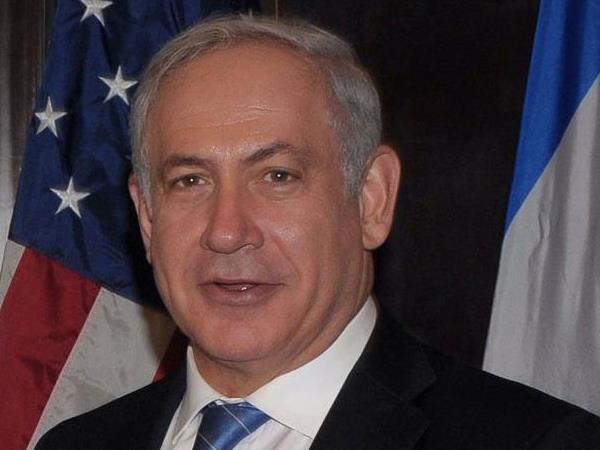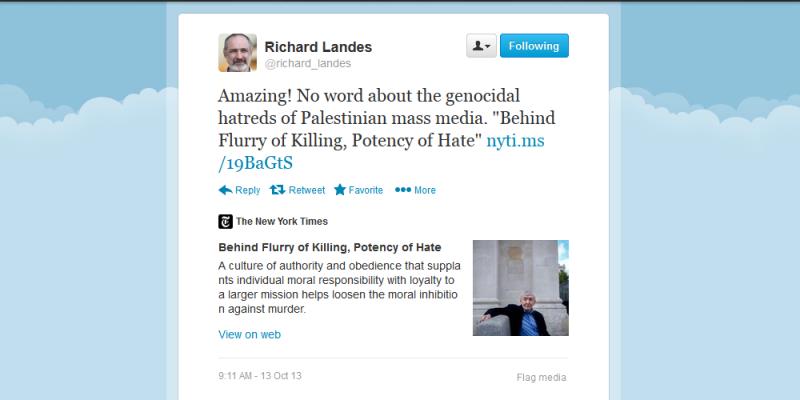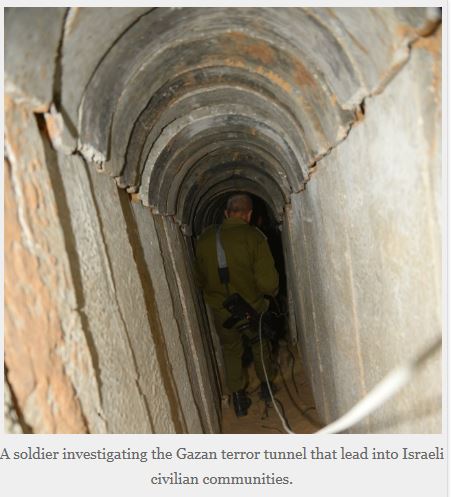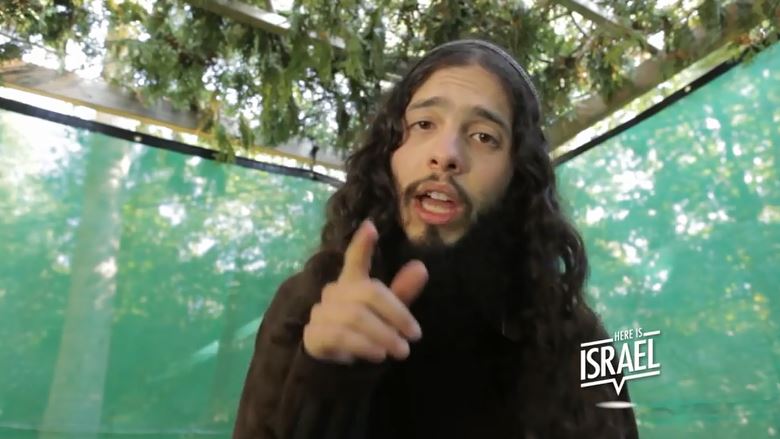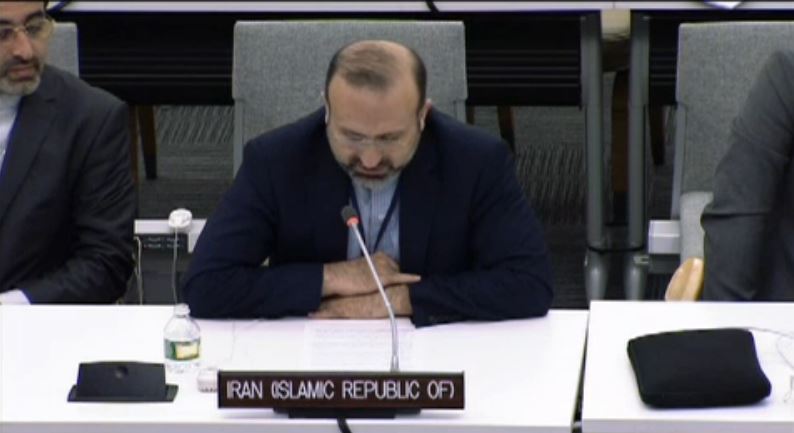To read through recent news reports one could assume that the biggest obstacle to Palestinian Israeli peace are "settlements."
To cement that impression the New York Times published an article,
1,500 Units to Be Added in Settlement, Israel Says. The caption of a photograph directly beneath the headline reads:
A Palestinian construction worker at a building site on Wednesday in the Ramat Shlomo settlement in East Jerusalem.
If there is an official "East Jerusalem," I am unaware of it, but perhaps the paper meant "east Jerusalem." However if you read down a few paragraphs you learn:
The 1,500 new apartments are to be added to Ramat Shlomo, a largely religious neighborhood of 20,000 on the city’s northern edge. They were originally announced during a 2010 visit to Jerusalem by Vice President Joseph R. Biden, causing a diplomatic crisis that dampened Israel’s relationship with the White House and Europe for months.
So actually, Ramat Shlomo isn't in the city's east but in its north (or northeast) and it's not a settlement but a neighborhood.
And while the announcement led to a major diplomatic blowup, it was of the administration's making. The Vice-President, Secretary of State and President could have remained silent. Everyone expects sections of Jerusalem, even those illegally occupied by Jordan from 1948 to 1967 to be part of Israel in any final agreement with the Palestinians.
The announcement had occurred during an Israeli ban on settlement building outside of Jerusalem. That settlement ban brought about no serious negotiations. (The PA returned to the table only a few weeks before the end of the freeze and, when the freeze expired, walked away.) If settlement freezes were so important to the Palestinians, why didn't they negotiate then?
So "settlements" provide a convenient excuse for a Palestinian refusal to negotiate or concede anything to Israel. But should they?

